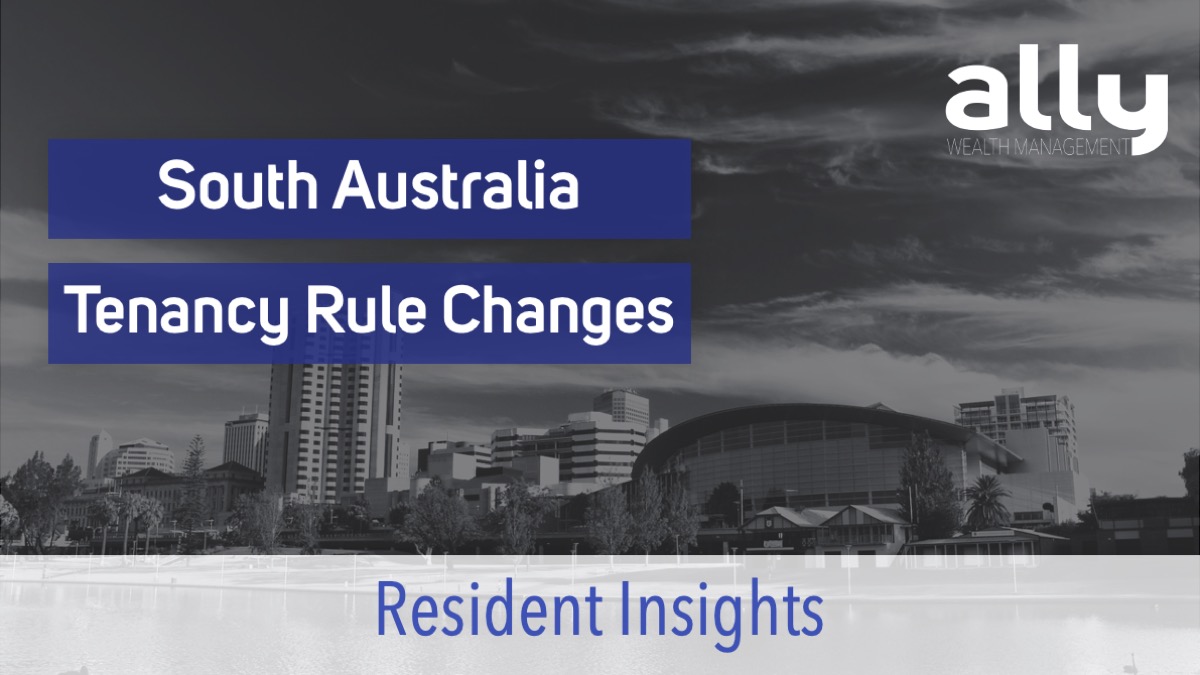Tenancy Rule Changes for South Australian Property Investors
South Australia’s rental market is undergoing significant changes, and property investors need to stay informed to navigate these reforms effectively. This blog post outlines the key tenancy rule changes for South Australian property investors, helping you understand the implications and prepare for the new regulations.
Overview of the Reforms
The South Australian government has introduced comprehensive reforms to the Residential Tenancies Act to enhance tenant protections and clarify the rights and responsibilities of landlords and tenants. These changes aim to create a fairer, more balanced rental market.
Key Points:
- Strengthened tenant protections.
- Enhanced clarity on landlord and tenant responsibilities.
- Amendments to various tenancy processes, including lease agreements and eviction procedures.
Key Changes to the Residential Tenancies Act
Minimum Standards for Rental Properties
The new regulations mandate that all rental properties must meet specific minimum standards. These standards cover various aspects, including safety, cleanliness, and essential amenities. Property owners must ensure their properties comply with these requirements before leasing them out.
Implications for Investors
- Additional costs for property upgrades to meet new standards.
- Potential fines for non-compliance.
Rent Increases and Lease Agreements
The reforms introduce stricter controls on rent increases, requiring landlords to provide more extended notice periods and justifications for significant hikes. Additionally, lease agreements must now include more detailed information about the rights and obligations of both parties.
Implications for Investors
- More transparent processes for adjusting rent.
- Enhanced tenant satisfaction due to clearer lease terms.
Eviction Procedures
The updated legislation revises eviction procedures to offer tenants greater protection against unfair evictions. Landlords must follow stricter protocols and provide valid reasons for terminating a lease.
Implications for Investors
- Potential delays in evicting problematic tenants.
- Increased administrative burden to comply with new procedures.
Pets in Rental Properties
One of the notable changes is the streamlined process for tenants to keep pets. Landlords can no longer unreasonably refuse a tenant’s request to have a pet, provided the tenant meets certain conditions, such as paying a pet bond.
Implications for Investors
- Higher likelihood of tenants requesting to keep pets.
- Possible need for property adjustments to accommodate pets.
Preparing for the Changes
As a property investor, it’s crucial to proactively prepare for these changes to ensure compliance and maintain a positive relationship with your tenants. Here are some steps you can take:
Conduct Property Inspections
Regularly inspect your properties to identify areas that need improvements to meet the new minimum standards. Address any issues promptly to avoid penalties.
Review Lease Agreements
Update your lease agreements to reflect the new requirements, ensuring they clearly outline the rights and responsibilities of both parties. Seek legal advice if necessary.
Plan for Rent Adjustments
Evaluate your current rental rates and plan any necessary adjustments. Be prepared to provide valid justifications for any rent increases and ensure you comply with the extended notice periods.
Understand Eviction Procedures
Familiarise yourself with the revised eviction procedures to ensure you follow the correct protocols. Keep thorough records of any issues with tenants to support your case if an eviction becomes necessary.
Accommodate Pets
Consider how you can accommodate tenants with pets. This might involve updating your property or setting clear guidelines for pet ownership to protect your investment.
Conclusion
The tenancy rule changes in South Australia represent a significant shift in the rental market landscape. By understanding these reforms and taking proactive steps to comply, property investors can continue to manage their properties effectively while fostering positive relationships with their tenants. Stay informed and consult with legal professionals to navigate these changes smoothly and ensure your investment remains secure and profitable.
Ally Wealth Management is the trusted ally in finance for Australians at home and across the globe. As both Australian expats and residents, the founders of Ally have a unique understanding of the common personal financial challenges faced.
Book your complimentary appointment with our team at Ally Wealth Management to discuss how we can help you to achieve your financial goals.
Ally Wealth Management Pty Ltd is a Corporate Authorised Representative of Sentry Advice Pty Ltd ABN 77 103 642 888. Sentry Advice holds an Australian Financial Services Licence (AFSL) No. 227 748.
General Advice Warning: The information contained herein is of a general nature only and does not constitute personal advice. You should not act on any recommendation without considering your personal needs, circumstances, and objectives. We recommend you obtain professional financial advice specific to your circumstances.




